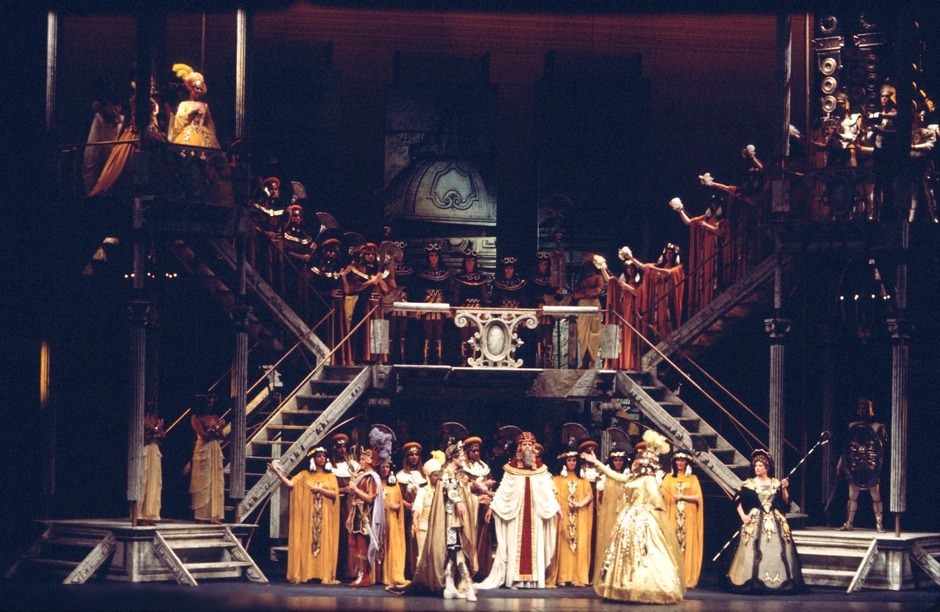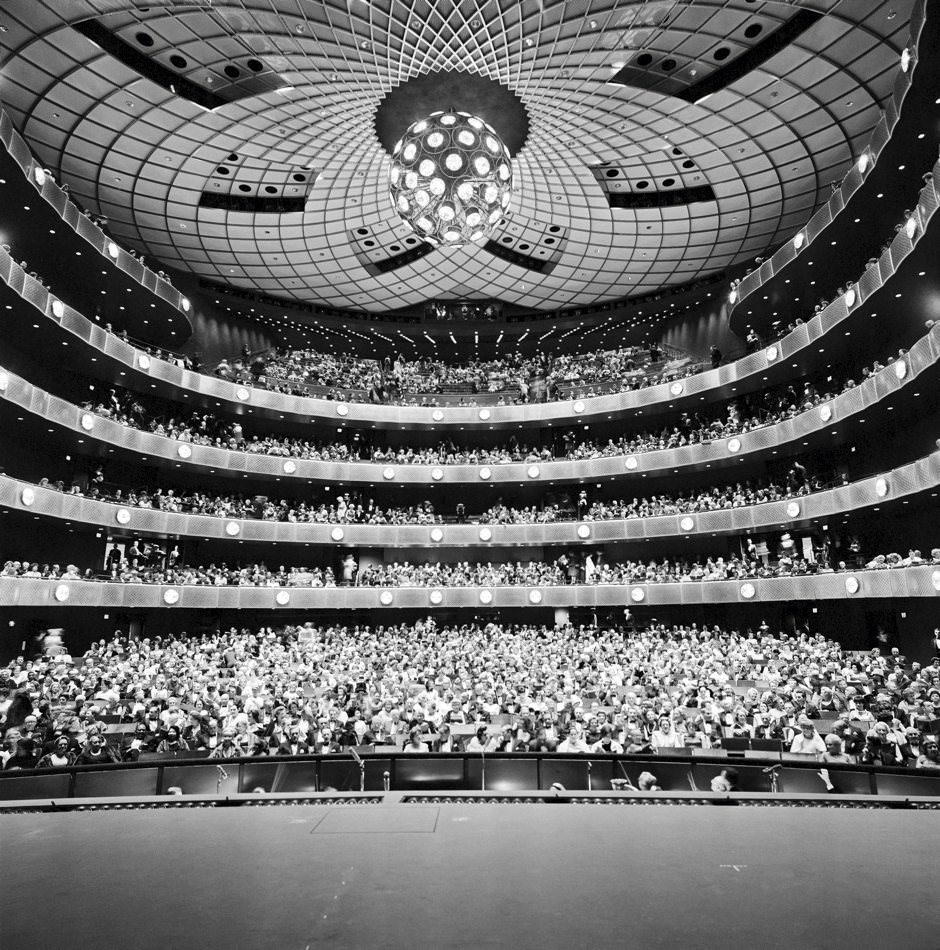The collapse of the New York City Opera last month was many things, but it could hardly be called unexpected. Indeed, that the company had kept going for seventy years was more than a little amazing. Certainly the board of trustees made some terrible choices over the past decade—the most severe of them likely the decision to cancel a full season of performances at Lincoln Center in 2009 as its theater was renovated (New York City Ballet, which shared the space, made no such mistake) and then to leave the Center altogether in 2011.
But it had been a star-crossed organization for years, beset by strikes, warehouse fires, financial woes and the devastation of the early years of AIDS. Beverly Sills—the company’s biggest star, its long-time general manager and most effective fundraiser—estimated that the troupe lost more than 100 people to AIDS in the space of a decade: directors, conductors, singers, and others at the peak of their youth and sexual urgency, cut down by a mysterious new malady. The brilliant and venturesome Christopher Keene succeeded Sills as general director in 1989 and brought to the stage a number of daring modern operas, including Bernd Alois Zimmermann’s Die Soldaten. But he spent much of his tenure fighting the virus, sometimes all but incapacitated, before his early death in 1995.
Fortunately, throughout the years, there were always enough extraordinary young artists for the New York City Opera to champion—not just Sills (who was effectively banned from the Met by long-time General Manager Rudolf Bing who did not care for her work, until late—too late—in her career) but Samuel Ramey, Placido Domingo, Renee Fleming, Carol Vaness, Sherrill Milnes, Frederica von Stade and David Daniels, to mention only some of the most famous. There were distinguished premieres, ranging from Aaron Copland’s only full-length opera, The Tender Land, in 1954 through the full-length “definitive” edition of Leonard Bernstein’s Candide in 1982.
But it is the “habit” of the New York City Opera that I will miss the most. By that I mean its sheer presence in town, night after night, as it was from the 1940s through the 1990s and afterward. Here was a place where it was possible to spend very little money—top price at most performances was $12.50 until the late 1970s—and go in and hear Carmen, Traviata, or La Boheme, for the first or the hundredth time. You could usually buy your ticket at the last minute and invariably be rewarded by a solid cast (sometimes studded with ascendant stars), productions that made up for their economy with creative aplomb, and a proud willingness to take a chance.
Say what you will about the scholarly “authenticity” of Julius Rudel’s truncated, re-ordered and sometimes re-orchestrated arrangement of Handel’s Giulio Cesare in 1966. It was a radical step to present any opera from that era. The production was deeply musical (the RCA recording captures Sills at her most radiant and the cast is augmented by Norman Treigle and Maureen Forrester): it brought excited new attention to the vast baroque repertory, and played a hugely important part in launching the world revival of opera before Gluck and Mozart. The Met has yet to present any of Claudio Monteverdi’s three surviving operas. The City Opera did them all, the earliest (Orfeo) under the direction of no less an eminence than Leopold Stokowski in 1960, its staged New York premiere. And City Opera gave us productions of Busoni’s Doktor Faust and Schoenberg’s Moses und Aron more than a decade before these 20th-century masterworks crossed the Lincoln Center plaza. We’ve still never heard a Met Daphne or Virgil Thomson’s The Mother of Us All.
Perhaps the bravest innovation was the decision, in 1983, to introduce titled translations into every performance, which changed the general public’s experience and expectation of opera forever. Foreign film seems an appropriate analogy: imagine a world where you could read about what was going to happen in Wild Strawberries or The Seventh Seal, even go so far as to pick up a copy of the script in the lobby if you were really interested but, once settled in your seat, could watch the films unfold, moment by moment, only in Swedish. That was the state of opera in America when I was growing up. (I have long thought that the recent public obsession with complete performances of Wagner’s Ring cycle was fired by the introduction of titles: at last we know that he was not only one of the nineteenth century’s most inventive musicians but likely Europe’s great dramatist between Goethe and Ibsen.)
Julius Rudel, who joined the City Opera in its first season, lived to see its demise—what more horrid fate for somebody who could well be likened to a “parent” of the troupe? In an editorial for The New York Times, reprinted in First and Lasting Impressions, his recent autobiography written with Rebecca Paller, he spoke bluntly: “If the board and management of City Opera cannot finance, produce and support full seasons of new works and standard operas in interesting productions with first rate casts as we once did, they should be replaced.” In another time, it might have happened but, as so often these days in so many fields, inept management walks on unscathed, and a public treasure is lost.
Advertisement



